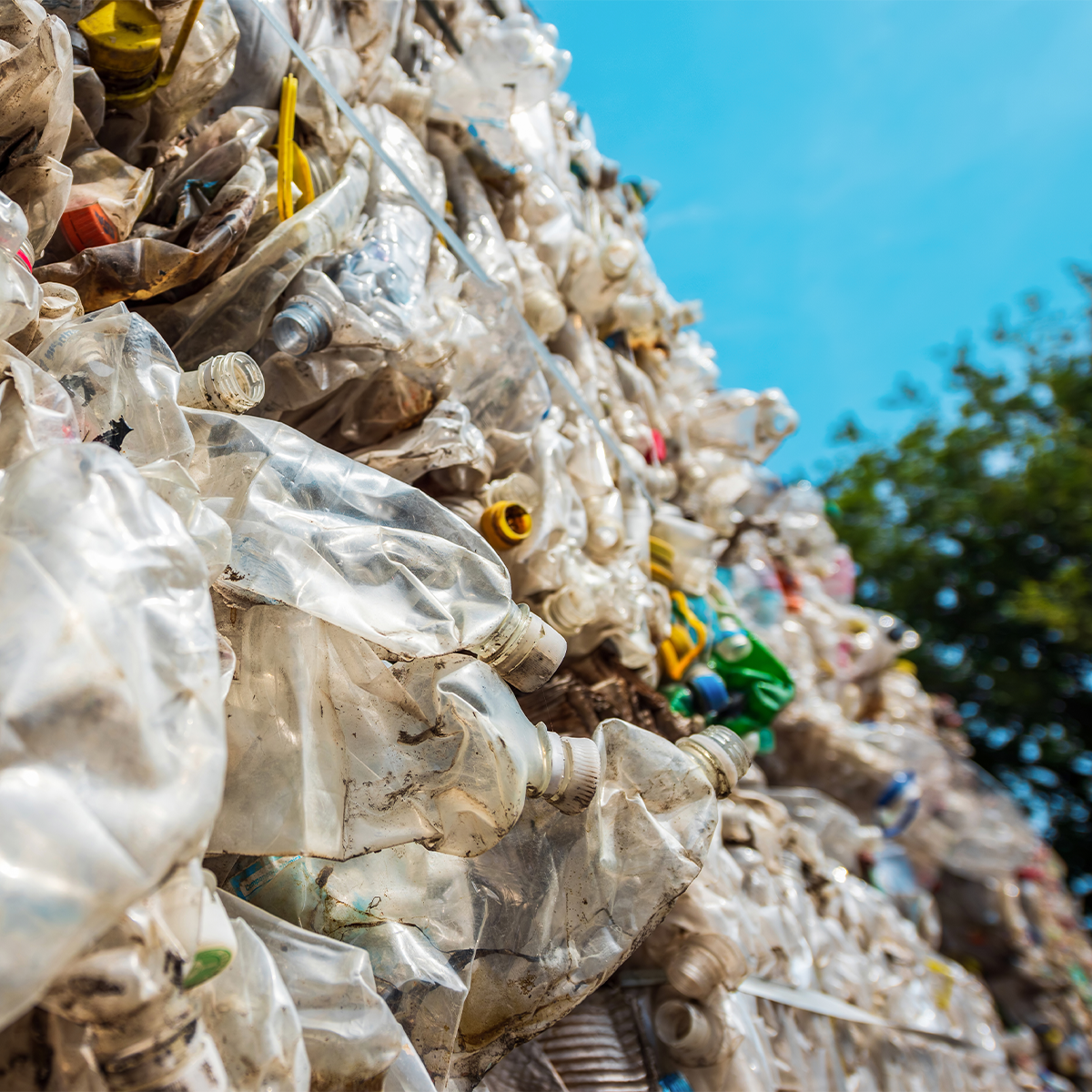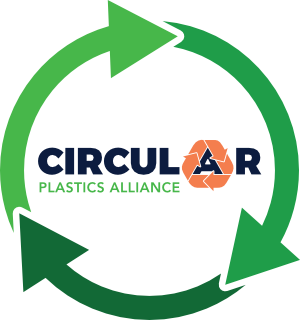
The European Parliament has approved stricter regulations regarding the export of plastic waste to countries outside the EU. Within two and a half years, the shipment of plastic to the majority of these countries must come to a complete stop. Exceptions are only possible if countries can demonstrate that they can process or recycle the waste sustainably.
According to Member of the European Parliament Bas Eickhout, this amounts to a ban. “We need to clean up our own plastic waste.” But is this achievable? Waste processors in the Netherlands are doubtful because there is reportedly not enough demand and capacity for it.
Annually, the European Union exports millions of kilograms of plastic waste to countries outside the OECD. A significant portion of this export passes through the port of Rotterdam; in 2022, it amounted to approximately 170,000 tons. The main destinations for these ships carrying plastic waste are Indonesia, Vietnam, and Malaysia, but Turkey is also a significant market for waste.
More than 80 percent of the waste sent to Asia consists of plastic film. These are films used by wholesalers and other businesses, such as long rolls of plastic to bundle products on pallets. According to the Council for Transport and the Environment, which conducted research into plastic exports last year, it involves “high-quality plastic” that is “easily recyclable.”
However, various environmental organizations have previously raised alarms because the plastic in these countries contributes to pollution. “We are dumping our plastic in low-wage countries under the guise that it is raw material and not waste, but these countries do not have the capacity to recycle it,” says the NGO Plastic Soup Foundation on their website. This results in the plastic ending up in nature or illegal landfills.
According to Maarten Bakker, a researcher in recycling at TU Delft, the material exported to countries outside the EU is “the type of waste we do not want here.” “Although the film may be of high quality, a more important question is: what are the costs to clean it?” It may be contaminated with dirt, stickers, and labels, for example. “All that material needs to be manually removed.”
With the introduction of the law, this plastic is expected to no longer be processed in many low-wage countries. The forecast is that more waste will go to Turkey since the country is not a member of the OECD and already imports significant amounts of waste from Europe.
However, the intention of the law is also for Europe to “no longer export its waste problems to third countries” and to process the waste itself. The Association of Waste Companies foresees problems, though. “We currently have insufficient recycling capacity in Europe to recycle all our plastic,” says spokesperson Jeroen Stein.
Stein also wonders if there is sufficient demand for recycled plastic. He points out that recycling companies in the Netherlands are struggling. The recent bankruptcy of Umincorp and pressure on other companies, dealing with large inventories, are primarily attributed to the low prices of new plastic from Asia and the US, so-called virgin plastics. “Dutch companies have to compete with cheap new plastic and with cheap foreign recyclers who apply different standards.” According to Stein, a level playing field and a mandatory percentage of recycled material in new plastic products could provide a solution.
Harold de Graaf from the Dutch Rubber and Plastics Industry is also skeptical. “If export to non-OECD countries is no longer allowed, that means more waste that currently cannot be recycled. This waste will end up in European incinerators and landfills.”
This is also the expectation of researcher Bakker. “Given the processing costs and the low prices currently paid for recycled plastics, I think it will go directly to the incinerator.”
According to MEP Eickhout, to address the plastic waste mountain and achieve European goals, we need to use less plastic. The EU and the Netherlands have set a goal to be circular by 2050, meaning minimal waste and maximum reuse. “We need to face our addiction to plastic.”
If you want more information or assistance with your sustainability issue, please contact us! Together, we can strive for innovative and sustainable solutions to promote the circular economy!

Haven 45
1131 EP Volendam